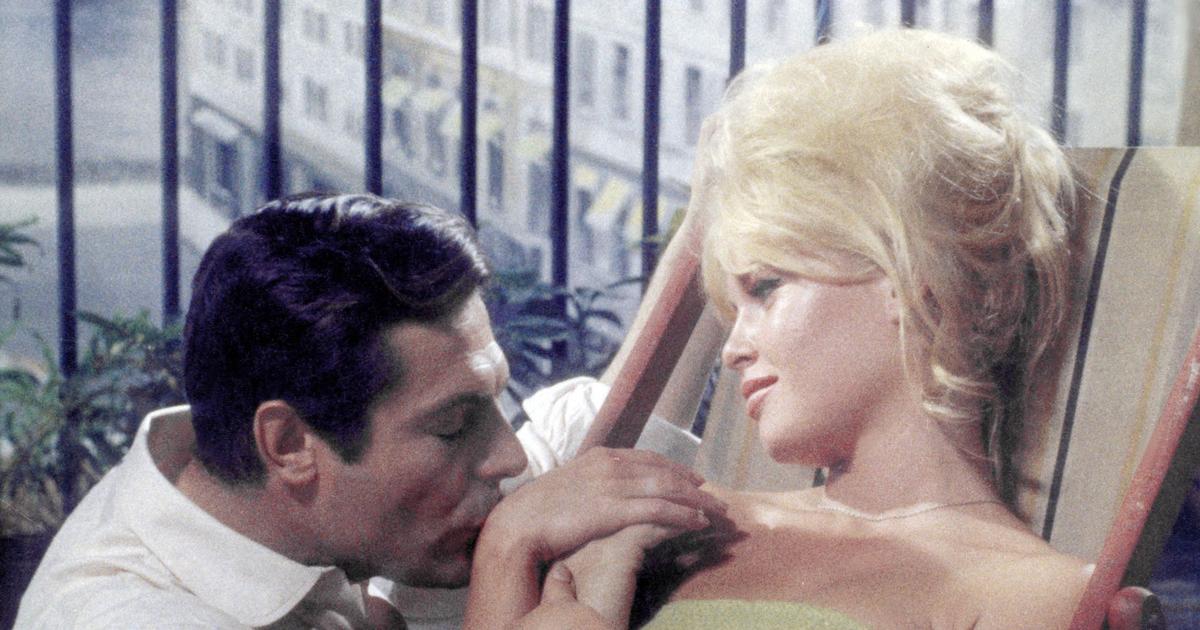The pain it makes us feel in the chest after a breakup, this impression that it gets carried away at the slightest emotional outburst... The heart, "cuer" in old French, is undoubtedly the most sensitive organ in the human body.
Its function is not limited to regulating the supply of our veins.
According to the ancient conception, indicates the Dictionary of the French Academy, the heart is the home of the soul, of feelings.
To discover
Find all the results of the legislative elections
Read also
Jean Pruvost: “Politeness is a matter of the heart”
Symbol of human and divine love in the Catholic religion, it also houses the faculties of intelligence, memory and will.
“Oh!
strike your heart, that's where genius is
,” wrote Alfred de Musset in his poem
To my friend Édouard B.
.
Its role is such that it is the origin of several formulas used on a daily basis.
Anthology.
● “Having a lot on your heart”
“What a popular expression 'words that stay on the heart'! Those made a block in my chest”
, explains Bernanos in
Diary of a country priest
.
Recalling the close ties between the physical and the spirit, the chest tightness felt when bad news reaches us has given rise to the formula
“to have a heavy heart”
.
Colloquially, it is customary to replace the word
"heart"
with
"potato"
because of the resemblance of the tuber to the muscular organ.
● “Learn by heart”
If this method of instruction causes cold sweats in school children who have to learn their lesson word for word, the intention of learning “by heart” is much more noble.
Opposed to rational intelligence, the Trésor de la langue française indicates that it is an intuitive mode of knowledge, according to which
"great thoughts come from the heart"
, as Vauvenargues wrote in 1746 in his
Reflections and Maxims
.
Reader of the 18th century moralist, André Gide explains in his diary that this amounts to saying that
"man does not obtain much from himself by simple reasoning"
.
● “To have fun”
The expression appeared in the first half of the 18th century to qualify what one tastes fully, with pleasure, without reserve or restraint.
Just as one "puts one's heart into the work", knowing that the culmination of an action will provide a feeling of contentment, one fully enjoys what one gives one's heart to joy for.
In
Le vice puni or Cartouche, poëme
, Nicolas Racot de Grandval writes:
“There the blonde and the brunette / Have a great time, and without wasting a moment, / Man and woman, at will, eat very- greedily”
.
● "Pretty heart"
Aged but charming at will, the expression, teasing, designates the behavior of those who play with their ability to seduce.
For it is in the heart that love resides.
This familiar expression from the 19th century, Sylvie Brunet tells us in
Je t'aime!
Love in 200 Words and Expressions
(First), comes from the world of theatre, from those characters of seducers, a little ridiculous, which we laugh at.
It happens wrongly to confuse the meaning of the formula with that of
"being pretty like a heart"
, which it qualifies
"a young man who takes particular care of his toilet"
, recalls the Littré
● “Hearts up!”
“With a valiant heart, nothing is impossible”
, goes the adage of the Middle Ages.
At this time, the heart is the epicenter of warrior virtue, courage and steadfastness of soul.
To shout “Hearts up!”
then incites to enter with ardor in the action.
Georges Planelles even specifies, in his book in
The 1001 favorite expressions of the French
, that the use of the word “heart” in the plural characterizes the injunction made to men to give of their being during combat.
This is how the students of the boys' school in
Claudine à l'école
, a novel by Colette, shout in chorus:
“Sursum corda!
sursum corda!
Top hearts!
let this motto be our rallying cry”
, to claim courage and vitality.

